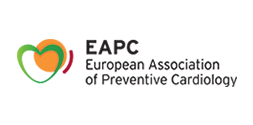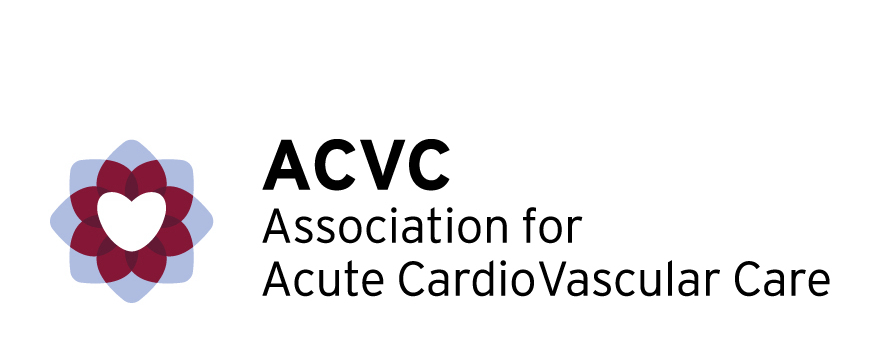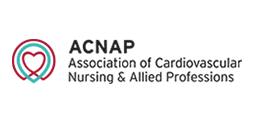Know your family history of cardiovascular disease
Family history of cardiovascular disease can increase your own risk by up to double. You can reduce your future cardiovascular risk with screening tests and lifestyle modifications.
 Most lifestyle risk factors for cardiovascular disease are common knowledge. It is less well known that having a family member who developed cardiovascular disease at an early age also increases your risk.
Most lifestyle risk factors for cardiovascular disease are common knowledge. It is less well known that having a family member who developed cardiovascular disease at an early age also increases your risk.
You are considered to have a family history of cardiovascular disease if your father or brother was diagnosed under the age of 55 or your sister or mother was diagnosed under the age of 65 years.
Why does family history affect cardiovascular risk? Because lifestyle habits are often similar between family members. Furthermore, genes are passed on from parents to offspring and can sometimes be responsible for conditions like high blood pressure or high cholesterol. Familial hypercholesterolaemia is an inherited condition which can lead to extremely high cholesterol levels and heart disease at a very young age if left untreated. Medication and a healthy lifestyle can lower the risk of heart disease.
Because no single gene increases cardiovascular risk, genetic analysis does not provide a definitive answer on whether you will develop cardiovascular disease or not.
You can’t change your family history, but knowing it is useful. If you have a family history of cardiovascular disease it is particularly important to take early preventive measures. These include being physically active, eating healthily, getting your cholesterol and blood pressure checked, quitting smoking and controlling your weight.
Behaviour change can reduce your future cardiovascular risk even if you have a family history.
How can you learn about your own family history? Talk about it with your parents and at family gatherings!



